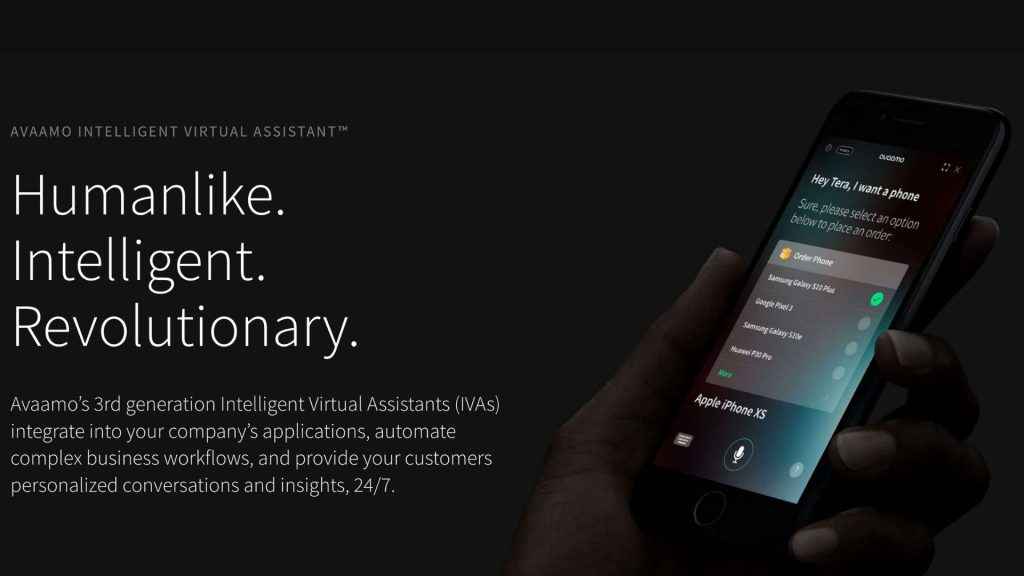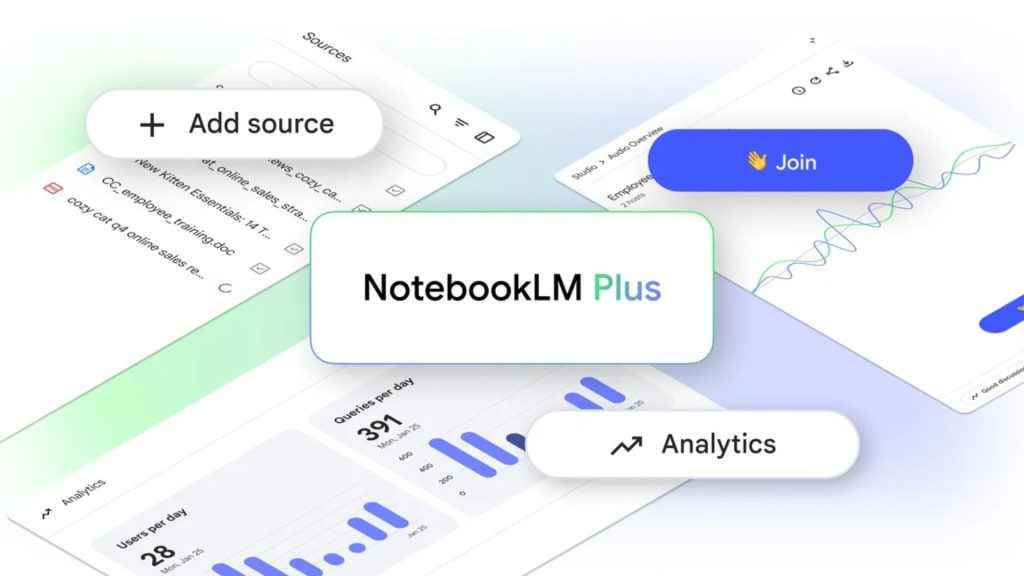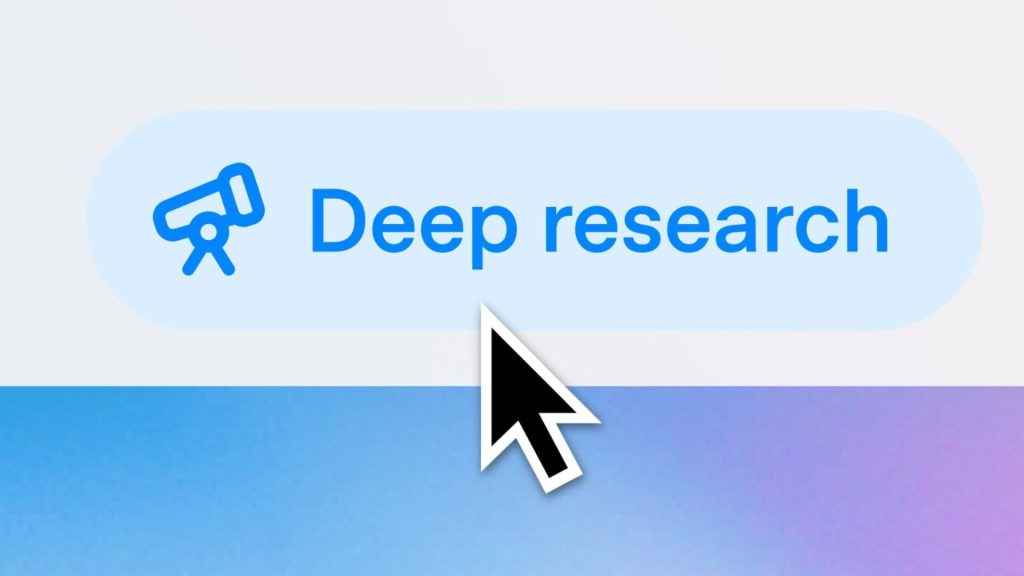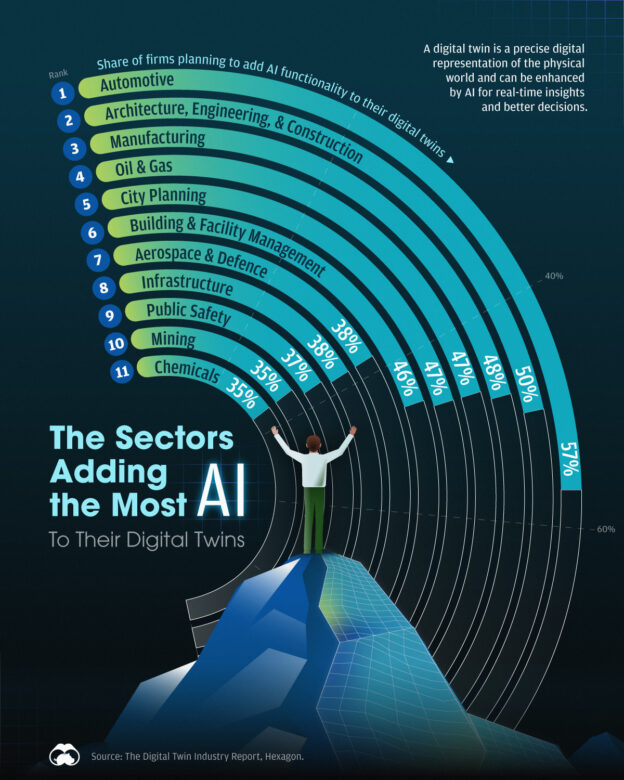Artificial intelligence has been making waves in nearly every sector, from customer service to high-stakes financial modelling. But one of the most transformative advancements in recent years has been the rise of AI agents – specialised, autonomous systems designed to handle complex tasks that once required human intervention. Whether you’re a business leader looking to streamline operations, a software developer aiming to optimise workflows, or a researcher seeking high-level data insights, AI agents are reshaping how we interact with technology.
Unlike traditional AI models that require direct prompts and oversight, AI agents work proactively. They can conduct research, manage sales pipelines, debug code, and even drive enterprise decision-making with minimal human input. What was once the realm of science fiction – an AI assistant that can schedule meetings, generate reports, or even close deals – is now a reality. This shift is not just about automation; it’s about intelligence, adaptability, and efficiency at an unprecedented scale.
Also read: AI agents explained: Why OpenAI, Google and Microsoft are building smarter AI agents
Leading the charge in this revolution are companies like OpenAI, Google, Microsoft, and Anthropic, each introducing AI agents tailored to specific industries and professional needs. Whether it’s OpenAI’s elite research agents, Microsoft’s AI-powered sales assistants, or Google’s advancements in conversational AI, these innovations are shaping the future of work. In this article, we take a deep dive into how AI agents are changing the landscape, what they offer, and the potential implications for businesses and individuals alike.
AI agents and their growing influence
The emergence of AI agents is more than just a trend; it signifies a fundamental shift in how tasks are automated and optimised. Companies across sectors are leveraging these intelligent virtual assistants to handle complex workflows, analyse large datasets, and offer conversational intelligence that rivals human interaction.
Avaamo’s intelligent virtual agents

Avaamo’s third-generation Intelligent Virtual Assistants (IVA) exemplify how AI is reshaping enterprise workflows. These agents utilise advanced Natural Language Understanding (NLU) to engage in humanlike conversations, automate business operations, and improve customer service efficiency. With built-in multi-intent recognition and deep integrations with enterprise security and compliance tools, Avaamo’s IVAs enhance productivity while maintaining organisational security standards.
The use of AI-generated conversation flows means businesses no longer need to manually design scripts for customer interactions. Instead, AI dynamically structures responses based on user queries, ensuring a seamless and efficient experience.
Google’s AI agents are enhancing user experience across sectors

Google’s recent AI advancements include the Gemini 2.0 Flash, a high-performance conversational assistant embedded in the Gemini app. The company has also introduced the Google Cloud Automotive AI Agent, which enhances in-car voice assistants, allowing natural language interactions with drivers.
Another significant AI agent from Google is NotebookLM Plus, which acts as an intelligent research assistant for businesses. It enables users to synthesise complex ideas and streamline project management. Meanwhile, Google’s AI-powered tools are making their way into education, offering personalised learning experiences for students and teachers alike.
Microsoft’s Sales Agents – Driving revenue growth with AI

Microsoft has taken AI agents into the sales domain with its latest additions to Microsoft 365 Copilot. The Sales Agent and Sales Chat are designed to help sales teams close deals more efficiently by automating lead generation, scheduling meetings, and analysing CRM data.
These AI agents integrate directly with Microsoft Dynamics 365 and Salesforce, enabling seamless business operations. With the ability to retrieve actionable insights from emails, meetings, and customer interactions, they provide real-time assistance that reduces manual workload and improves sales performance.
AI-powered developer assistance by Anthropic

Anthropic’s Claude Code is an AI agent focused on software development. It integrates with development environments, assisting programmers by editing files, debugging code, resolving merge conflicts, and optimising workflows. By embedding AI directly into the coding process, Claude Code streamlines development and reduces the time spent on troubleshooting.
The AI agent operates within a terminal interface and can execute tasks such as running tests, reviewing pull requests, and generating documentation, making it an invaluable tool for software engineers.
OpenAI’s elite research agent

OpenAI is pushing the boundaries of AI-driven research with its specialised AI agents designed for high-income professionals. The company’s forthcoming AI lineup includes an agent for researchers priced at $20,000 per month, which is tailored for PhD-level work. These advanced AI models are intended to handle in-depth data analysis, scientific research, and strategic decision-making at an unprecedented scale.
Also read: OpenAI’s PhD-research AI agent for $20000 a month: Future of work or AI hype?
While the pricing of these elite AI agents raises questions about accessibility, they highlight the growing demand for AI-driven expertise in academia and business intelligence. Companies investing in these high-end solutions aim to leverage AI’s potential to maximise productivity and innovation.
Opportunities and challenges that lie ahead for AI agents
As AI agents continue to evolve, their applications will expand into more industries, from healthcare and finance to customer support and education. However, concerns regarding ethical AI use, job displacement, and accessibility remain. The high cost of premium AI agents, such as OpenAI’s research assistant, underscores the need for more democratised access to AI-powered tools.
Additionally, issues such as AI hallucinations – where models generate inaccurate or misleading information – must be addressed to ensure reliability. Developers and organisations must implement robust fact-checking mechanisms to mitigate risks associated with AI-generated content.
https://www.digit.in/features/general/from-microsoft-to-google-and-openai-these-5-ai-agents-are-pushing-boundaries-of-ai.html/amp/





